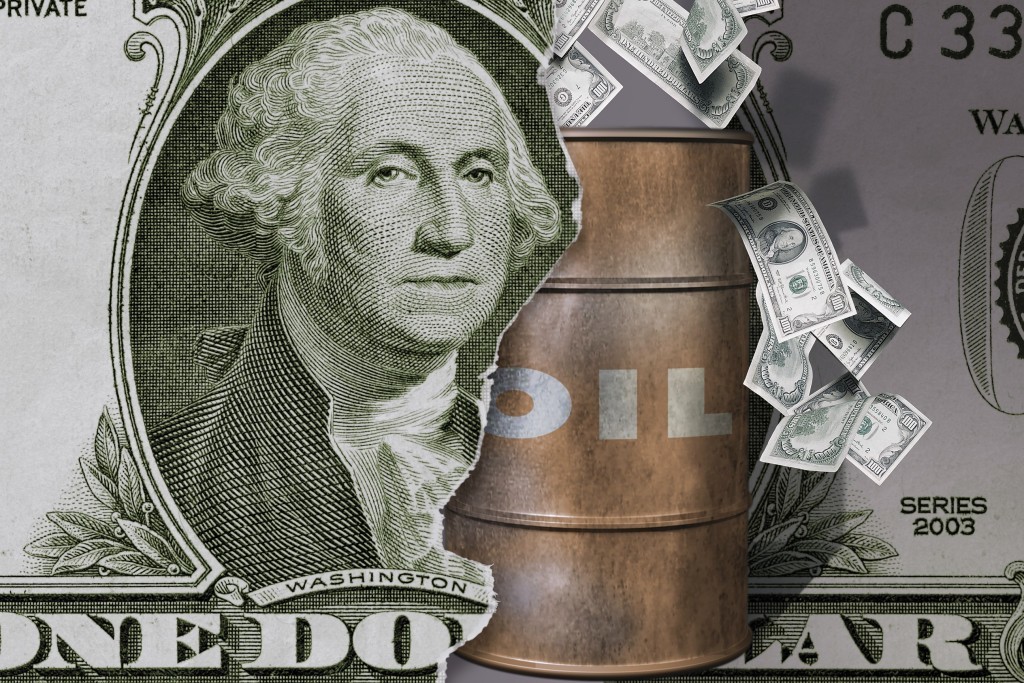
Crude oil prices climbed to an 18-month high on Tuesday as a major deal between Opec and other major producers to cut supply officially came into effect.
Prices for global benchmark Brent crude rose 2.4% to 58.10 US dollars (£47.34) on Tuesday, marking its highest level since July 2015.
Investors were cheering the kick-off of a production cut deal struck by Opec and non-member oil-producing states including Russia late last year.
The agreement – which was effective as of January 1 – is meant to address a supply glut in a bid to buoy floundering prices.
Brent crude fell as low as 27.26 US dollars per barrel (£22.20) in January 2016.
Nicholas Hyett, an equity analyst at Hargreaves Lansdown, said: “Twelve months ago, oil prices were eyeing their lowest prices in more than a decade. What a difference a year makes.
“Today Brent crude is flirting with 60 dollars for the first time in 18 months. That’s welcome news for heavily indebted E&P (exploration and production) companies such as Tullow Oil, up 4.4%, where the extra cash will be key to cleaning up the balance sheet.”
In the UK, investor optimism also sent BP shares higher by 1.6% and Royal Dutch Shell “B” shares up by 0.25%.
But Bjarne Schieldrop, chief commodities analyst at Nordic corporate bank SEB, doubts the rally will last.
“While 2016 started bearishly and ended bullishly, we expect 2017 to be the opposite but not as extreme. Oil inventories are likely to draw down in the first half of 2017 as Opec cuts production, while US shale oil production – which was falling in 2016 – is going to rise this year.”
He expects Brent prices to trade around 55 US dollars per barrel (£44.84) in the first quarter, 57.50 US dollars (£46.89) in the second quarter, but drop to 52.50 US dollars (£42.79) per barrel during the final three months of 2017.
Mr Schieldrop explained that prices will have to fall in order to halt US shale production, which is set to rise by 30 rigs per month between January and June.
“In the face of a further strong rise in US oil rigs in the first half of this year, we think it will be difficult for Opec to agree to roll forward their production cuts into H2 2017,” he said.
Recommended for you
